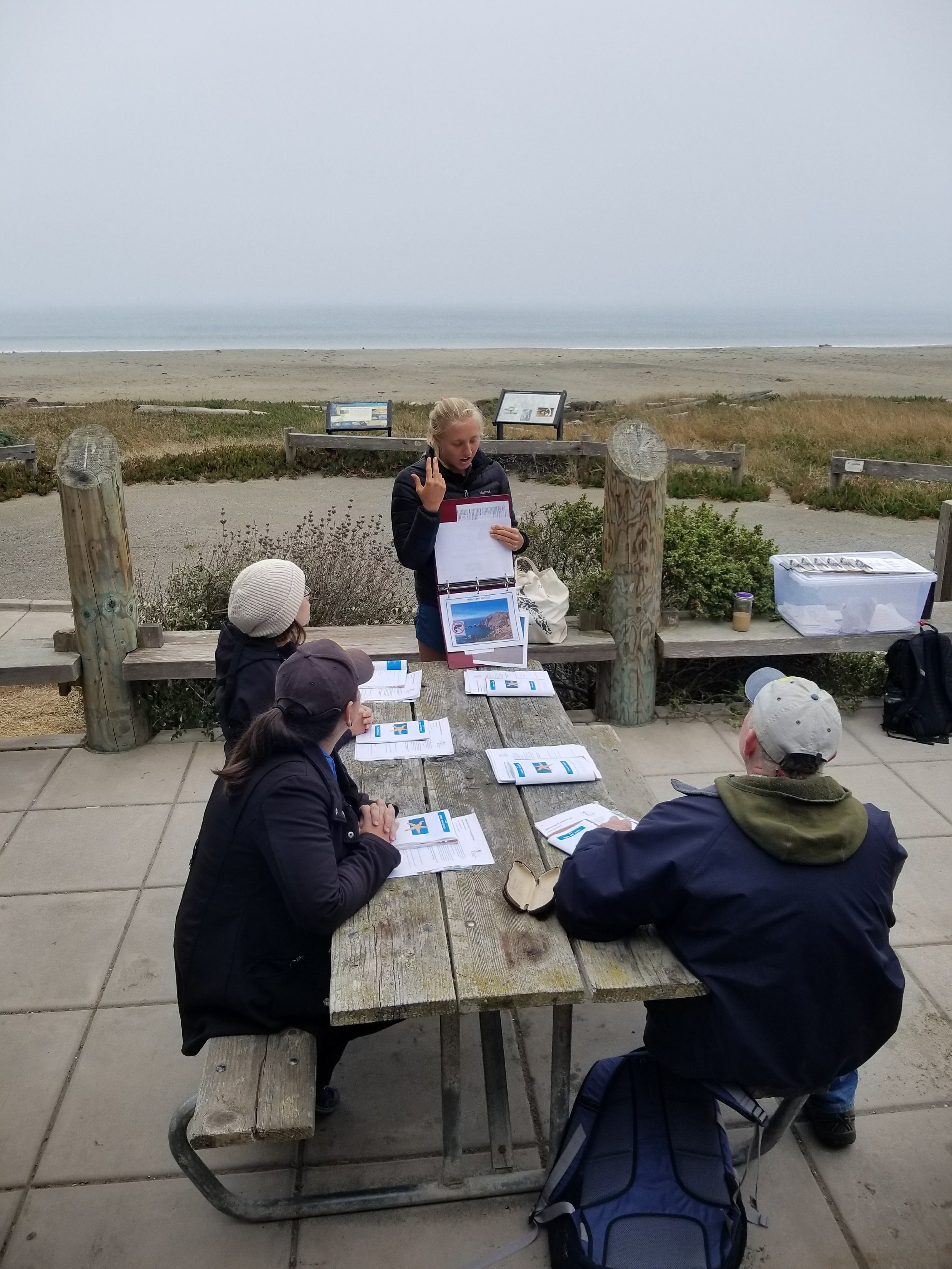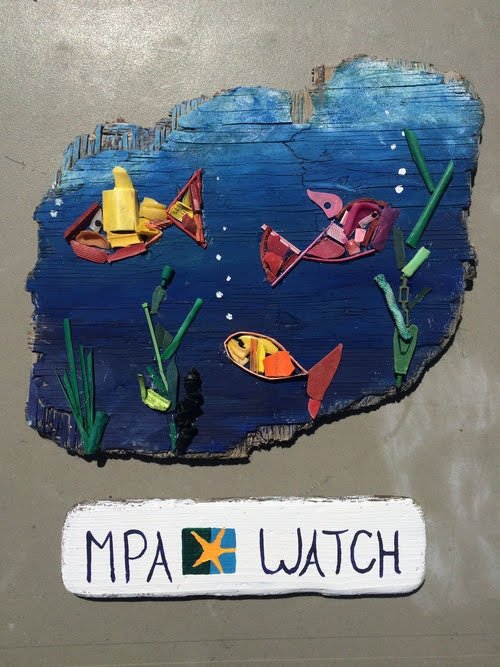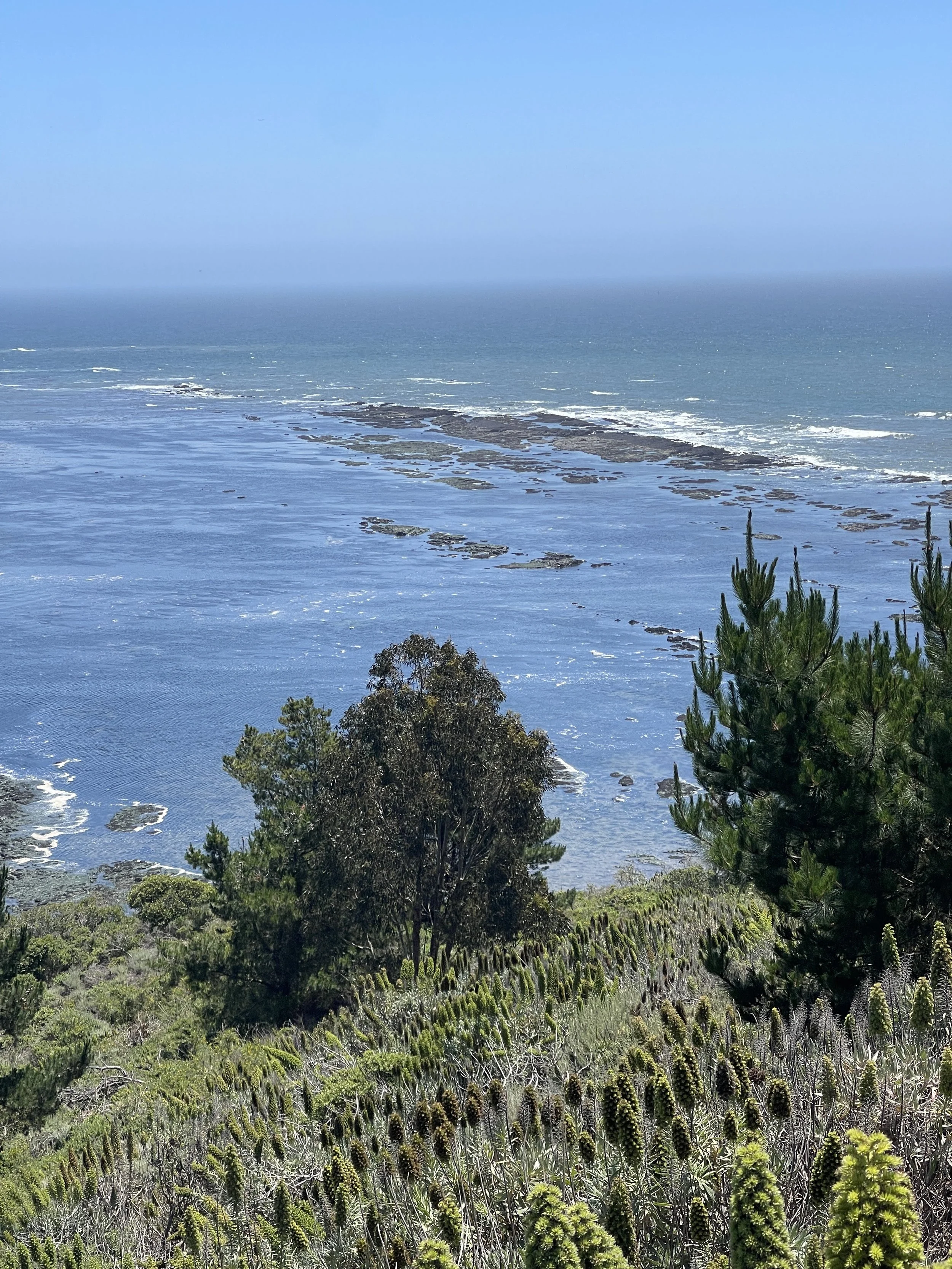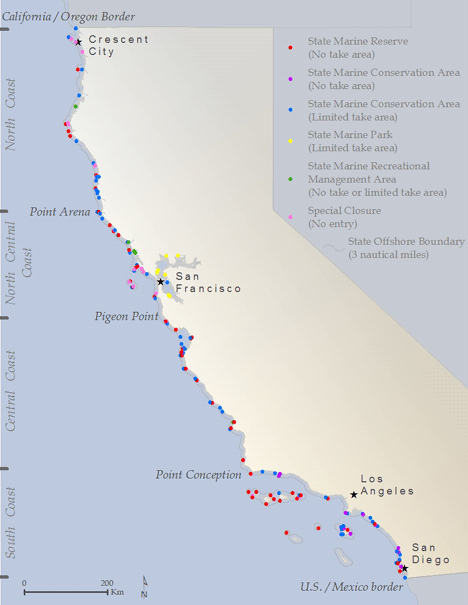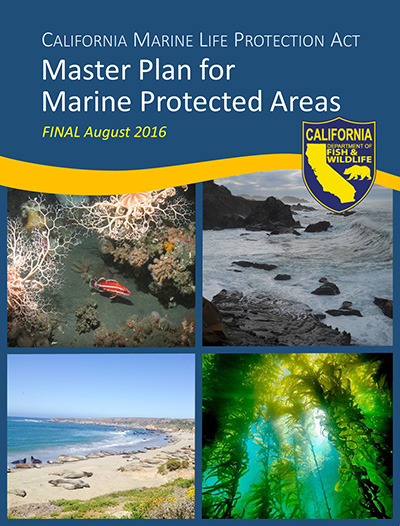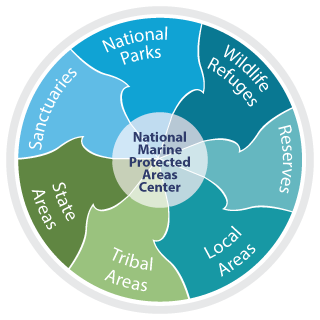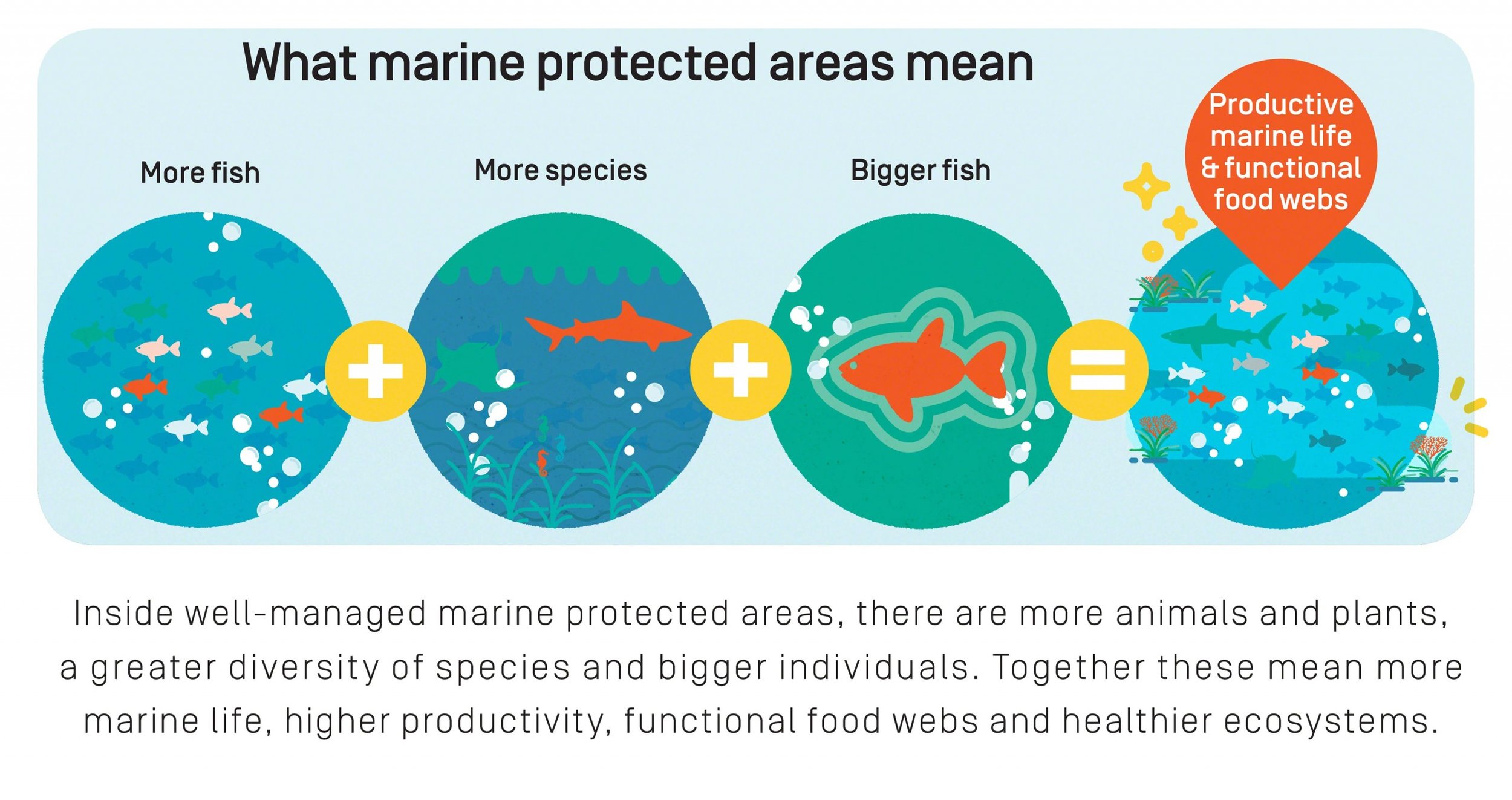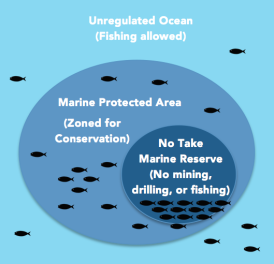MPA Watch is a community science program that supports marine protected areas (MPAs) and ocean health by training volunteers to collect data on human activity along the coast.
The Environmental Action Committee of West Marin (EAC) is a certified MPA Watch partner, managing Marin MPA Watch in collaboration with Point Reyes National Seashore and the California Academy of Sciences. Volunteers use standardized protocols to gather unbiased, scientifically valuable data in and around California MPAs. This information helps guide MPA management, enforcement, and research.
By joining, volunteers gain environmental knowledge, contribute to critical coastal monitoring, and collect data beyond what the state can do alone. After attending a beach training, volunteers can schedule surveys and download materials at their convenience—just follow the tides and see the info below.
Dive Deeper
Learn more about Marine Protected Areas (MPAs), volunteer requirements, and sign up for an upcoming training date at a specific location.



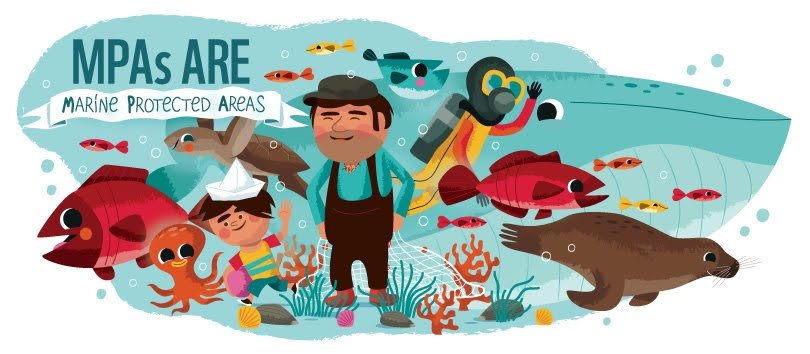
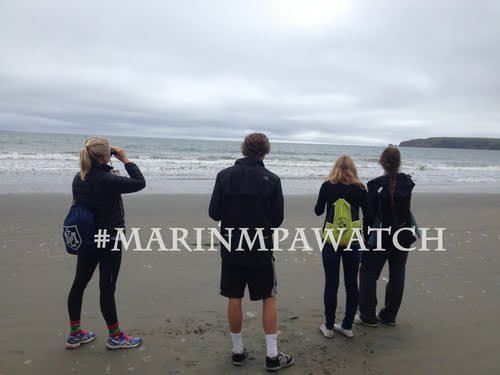


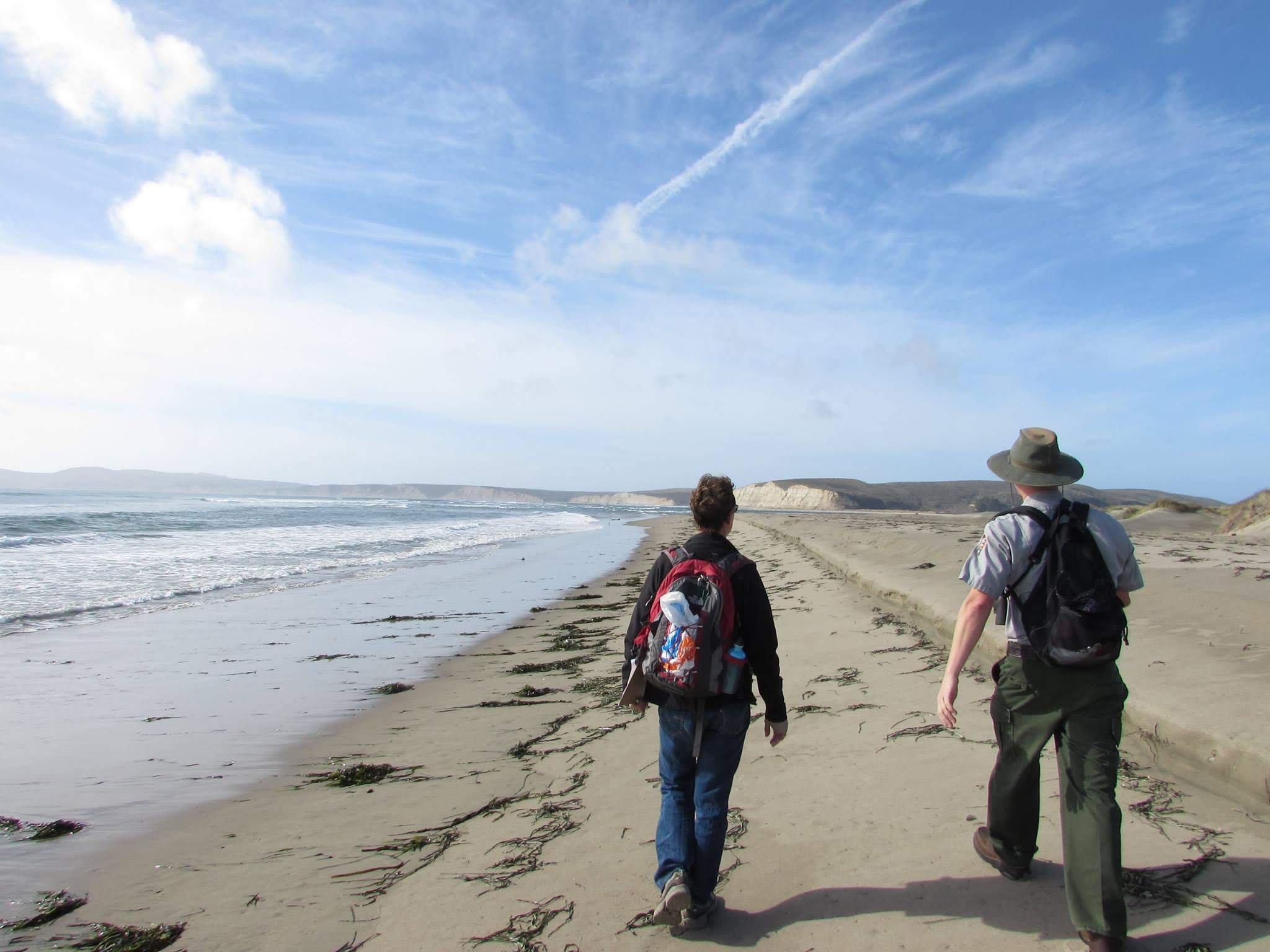



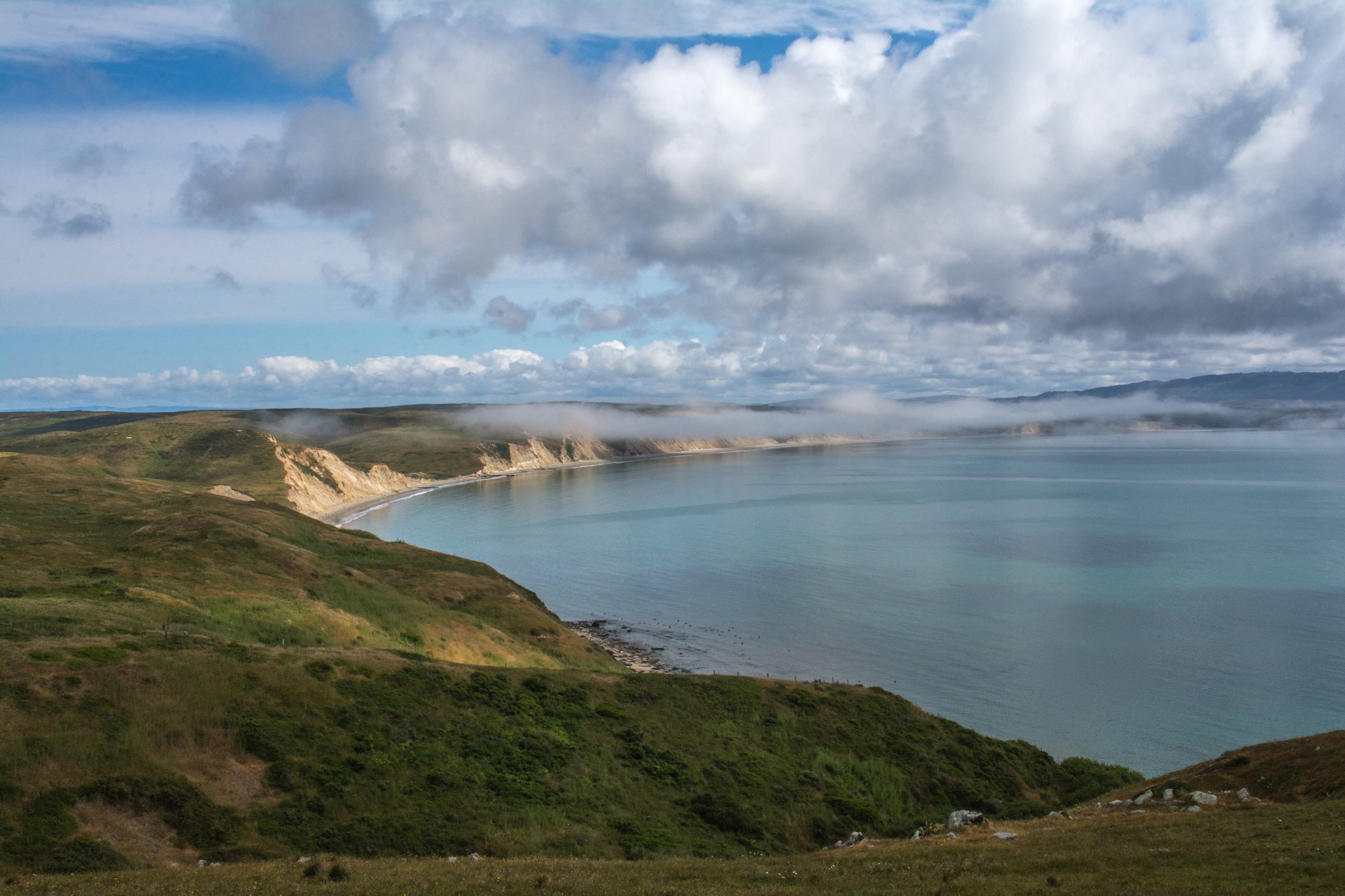




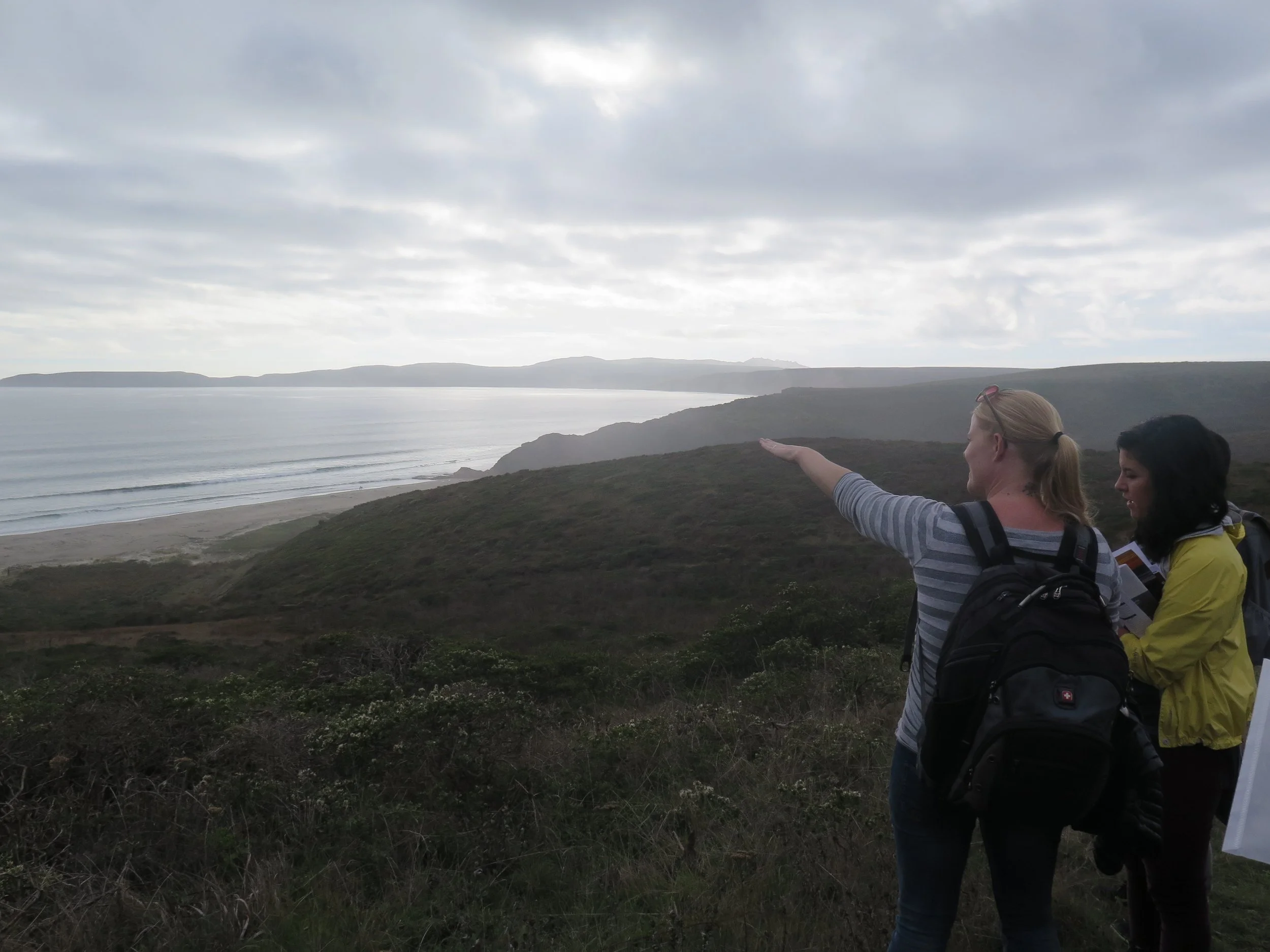
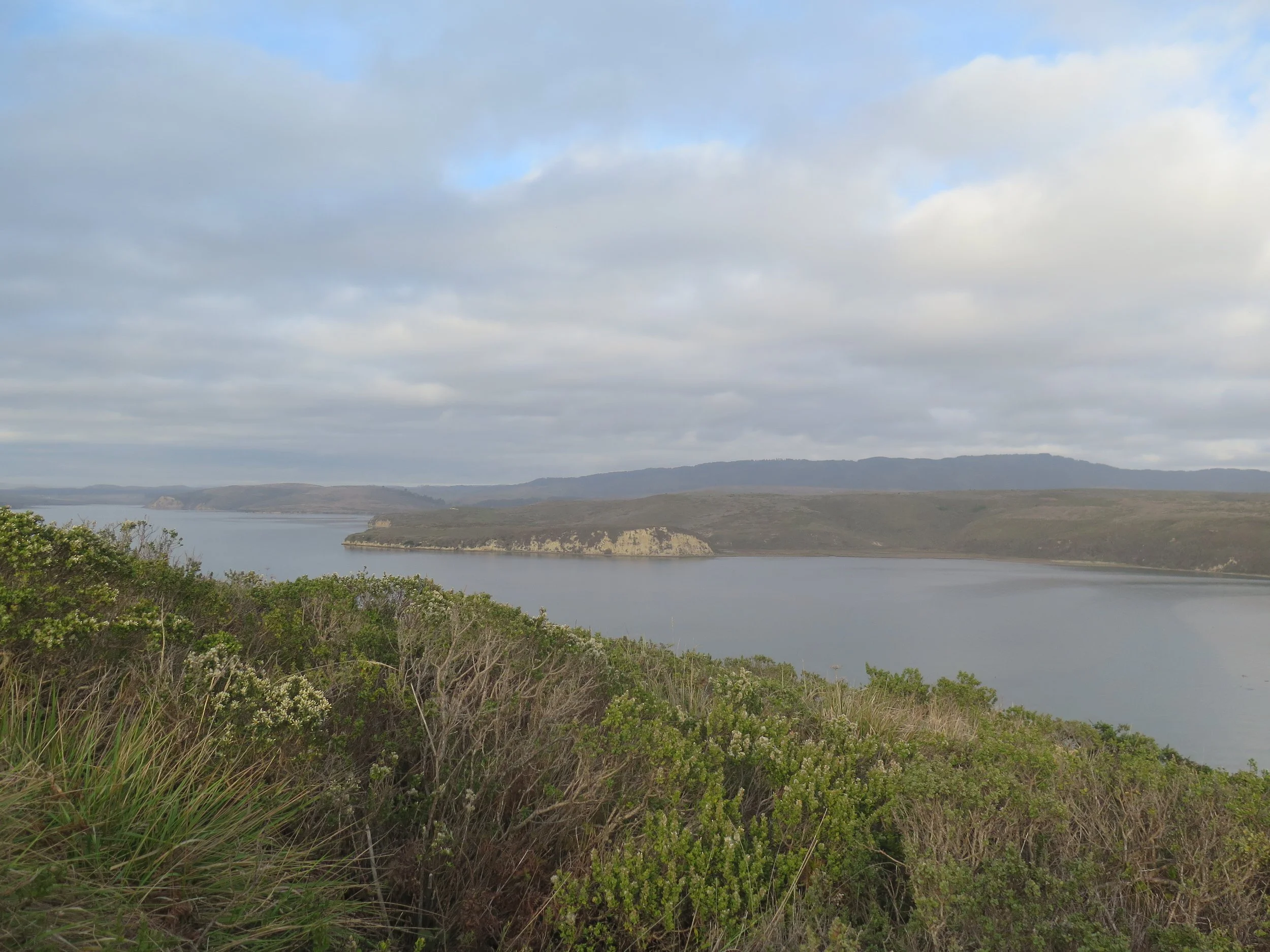
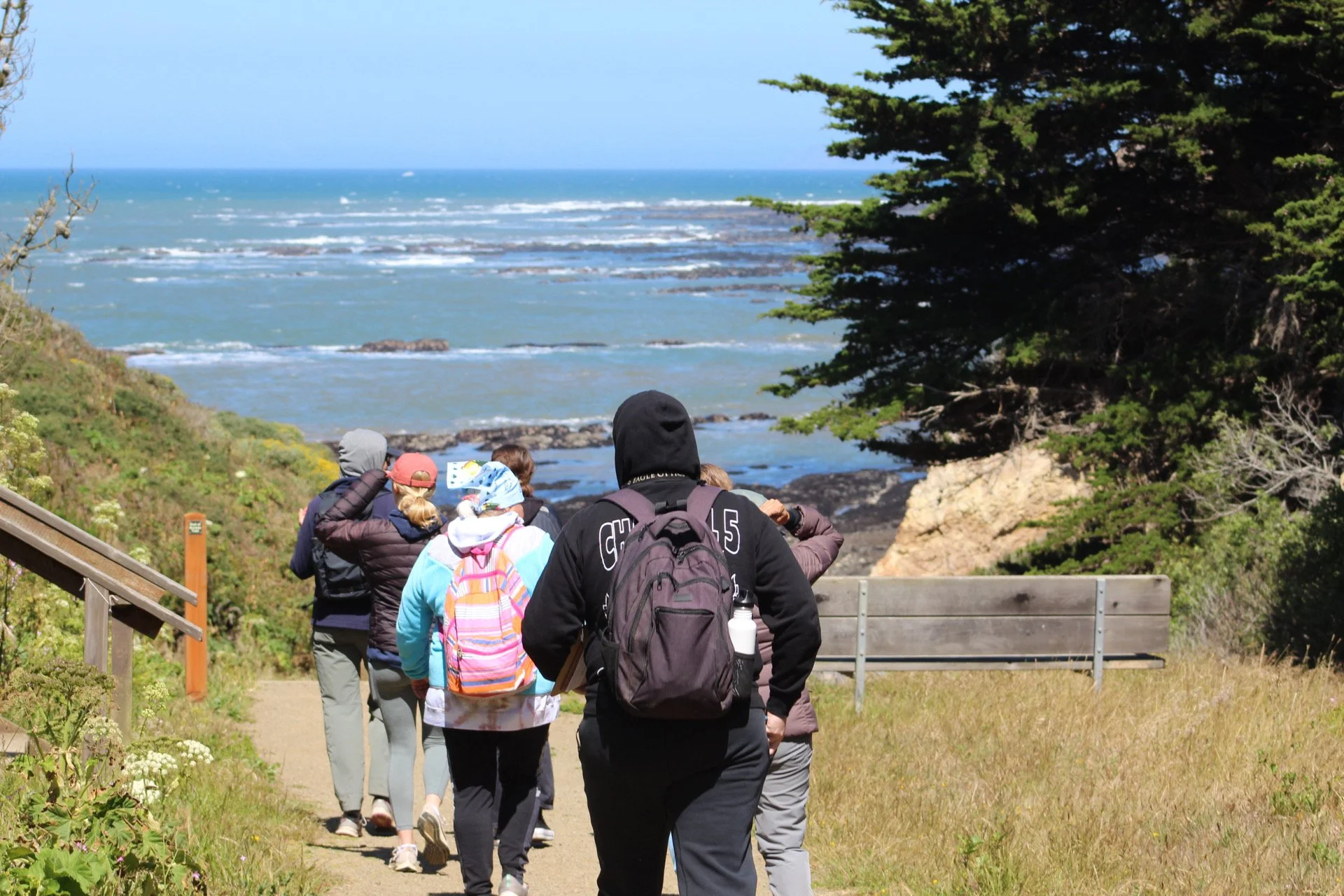
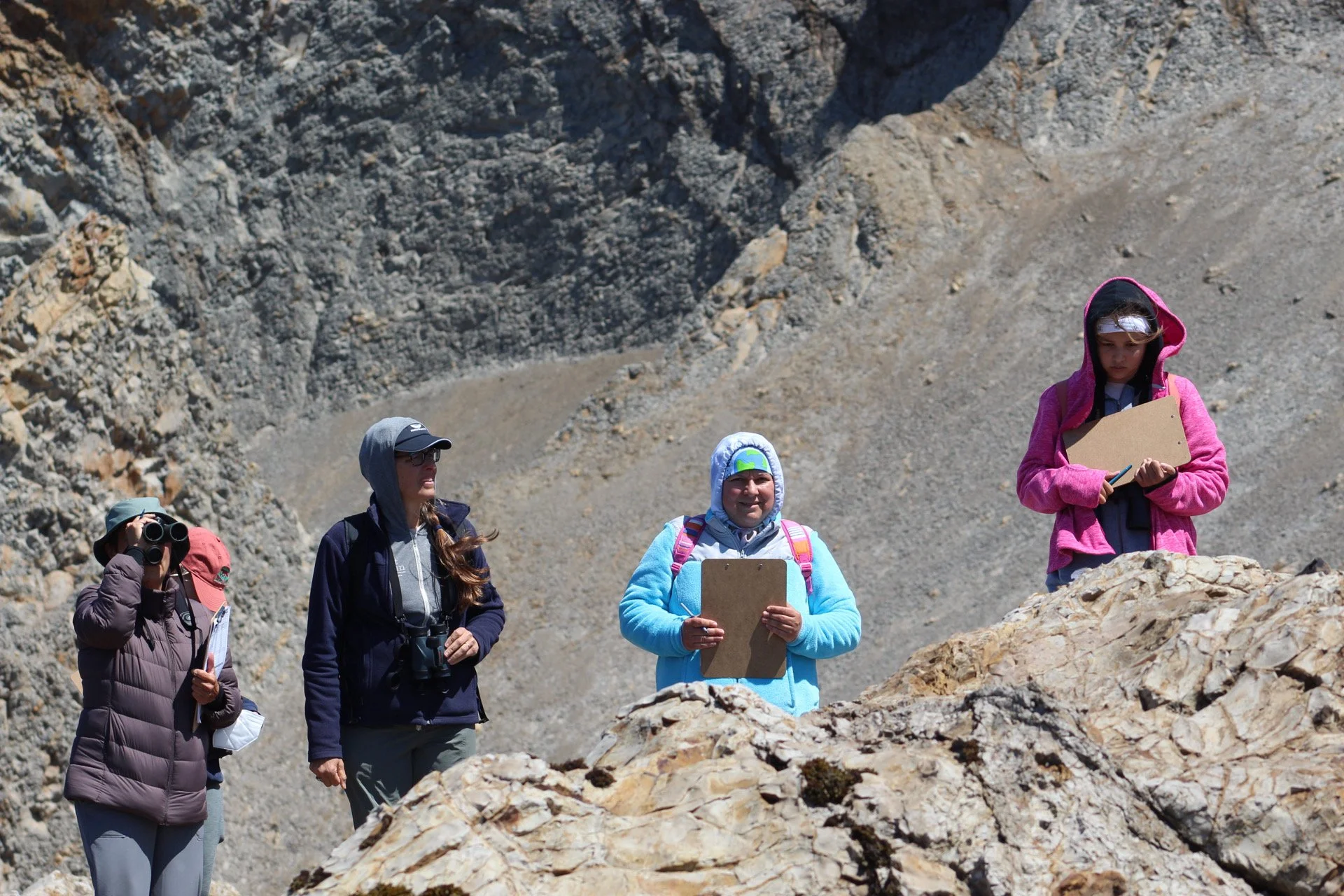
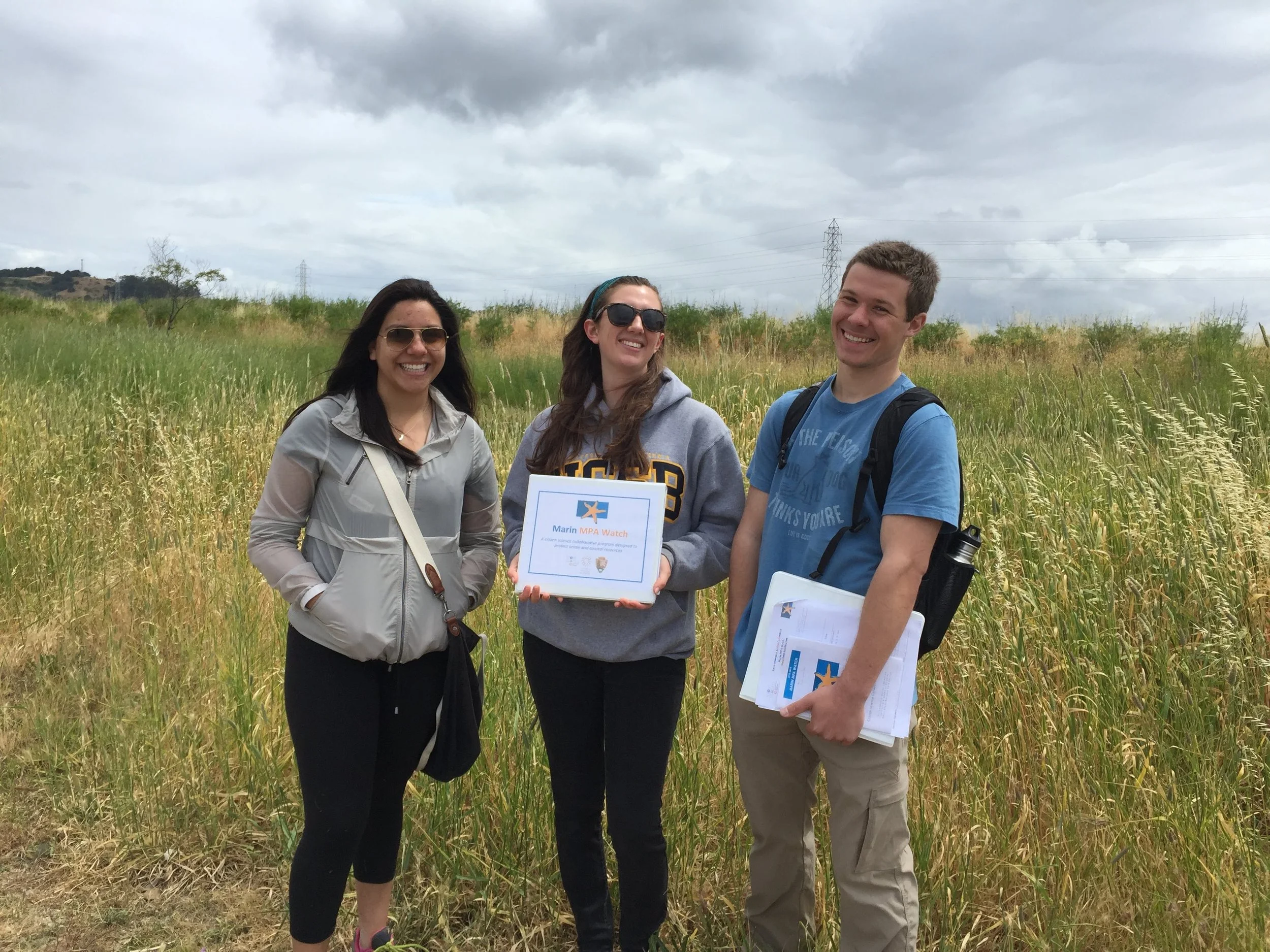
Volunteer with us!
2025 Summer Training Sessions
Training complete for 2025
Drakes Beach
Limantour Beach
Corte Madera Marsh
Duxbury Reef
Have questions? Contact us or call the office at (415) 663.9312
What are California’s Marine Protected Areas (MPAs)?
California's coast and ocean are among our most treasured resources. The productivity, wildness, and beauty found here is central to California's identity, heritage, and economy. The need to safeguard the long-term health of California's marine life was recognized by the California Legislature in 1999 with the passage of the Marine Life Protection Act. This Act aims to protect California’s marine natural heritage through establishing a statewide network of marine protected areas (MPAs) designed, created, and managed using sound science and stakeholder input.
MPAs protect the diversity and abundance of marine life, the habitats they depend on, and the integrity of marine ecosystems. The Marine Life Protection Act recognizes that a combination of MPAs (marine reserves, conservation areas, and parks) with varied amounts of allowed activities and protections can help conserve biological diversity, provide a sanctuary for marine life, and enhance recreational and educational opportunities. MPAs can also provide scientific reference points to assist with resource management decisions, and protect a variety of marine habitats, communities, and ecosystems for their economic and intrinsic value, for generations to come.





